The task includes:
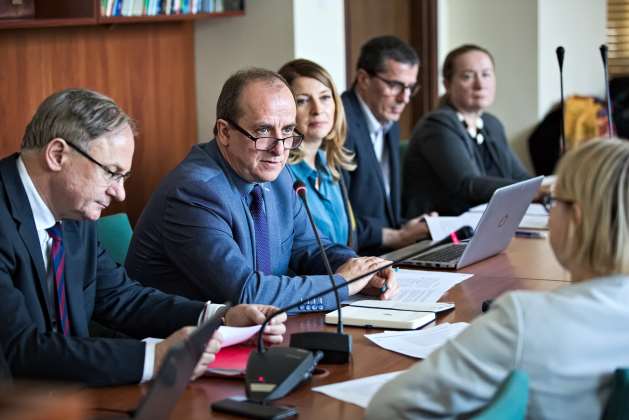
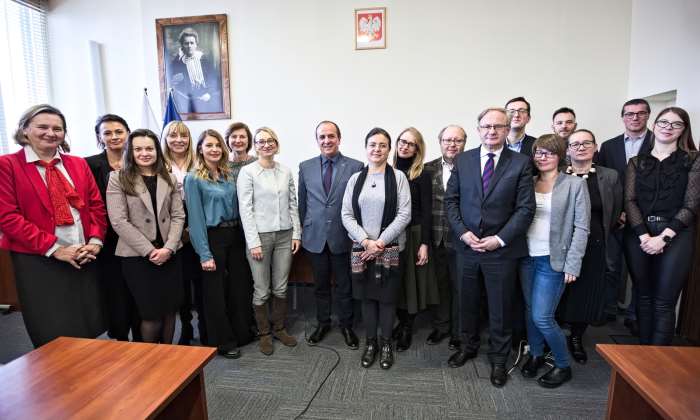
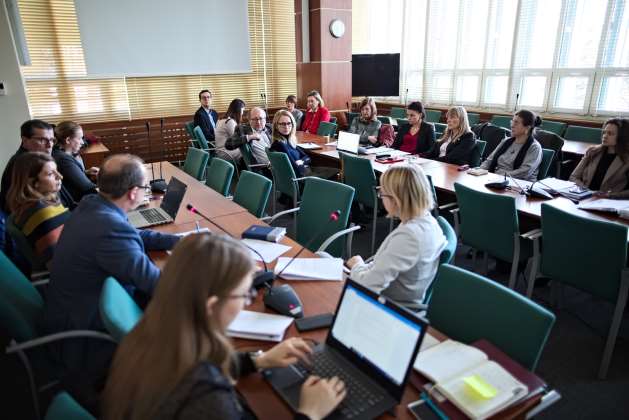
2. Development and implementation of the new INTER-PRO-UMCS website as an effective tool aimed at effectively raising funds for scientific research and building international consortia;
3. INTER_PRO_UMCS training program for a group of 30 people: the full training path included 2 study visits as well as training and workshops. The aim of the pogramm is to raise management competences of the university’s staff in the area of raising funds for scientific research, building international consortia and international research project management.
During the project, participants took part in two study visits, training in the field of project’s consortia building and workshops in the field of international research projects management.
The first visit took place in June 2019 at the following institutions: Fraunhofer Center for International Management and Knowledge Economics, Fraunhofer Institute for Cell Therapy and Immunology, Helmholtz Center for Environmental Research, Institute for Applied Informatics and Leibniz Institute for Tropospheric Research. The content included: business organization models, communication and strategies in the field of research, including research and R&D projects, issues related to knowledge and technology transfer, project management standards, or support in obtaining grants from the European Union. During the visit, participants also met the coordinators of projects financed from Horizon 2020 who presented their projects. UMCS staff visited also modern laboratories where research is carried out, e.g. in the field of troposphere, climate change, economics, urbanization and biomedicine.
During our second visit in November 2019, participants visited: Université de Lorraine, the French National Institute for Agricultural Research and the University of Luxembourg. During five days, participants had the opportunity to exchange scientific contacts, foreign experiences in the implementation of international research projects and international cooperation, as well as learn about the specifics of the organization of European research centers. Similarly to the first visit, the researchers also visited modern laboratories and research institutes. The visit ended with a meeting in the mayor of Nancy, partner city. This meeting was organized in cooperation with European Center UMCS.
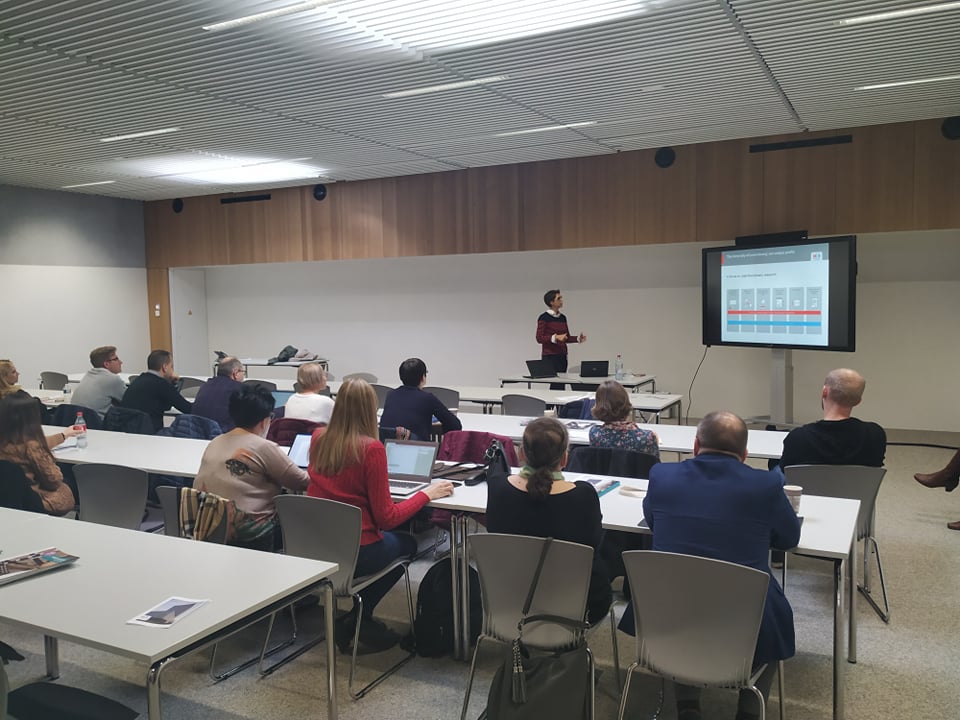
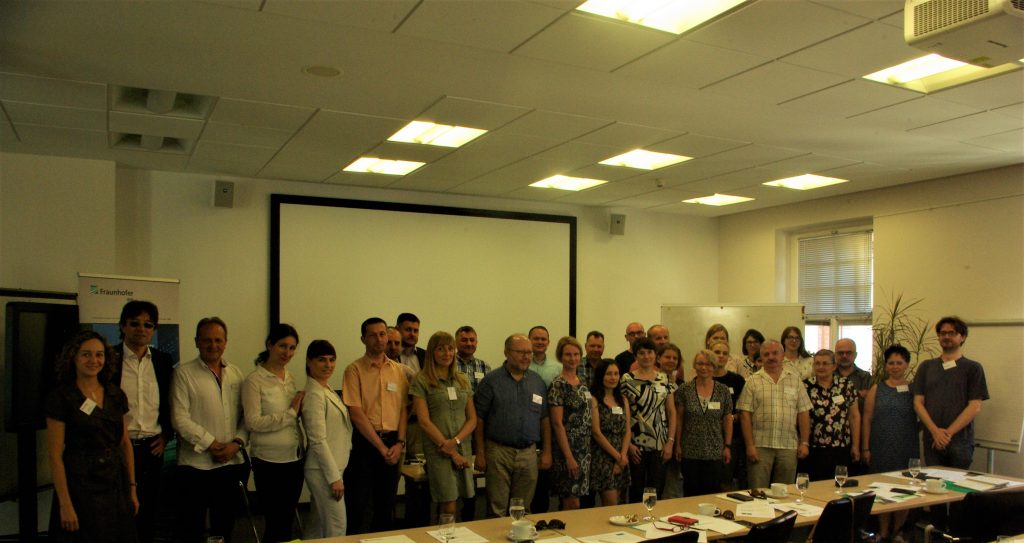

During two-day workshops and trainings, participants learned about the best methods of finding partners to implement international research projects, as well as effective ways of managing a consortium in international research projects financed mainly from the Horizon 2020 programme. Both the workshop and the training were conducted by Joanna Bosiacka-Kniat, Head of Innovation Department and Entrepreneurship at the Poznan Science and Technology Park and Manager of the Regional Contact Point for Research Programmes of the European Union in Poznań. Workshop on international project management were also conducted by Jan Andersen from the Danish Technical University, who shared good practices in the field of applying for research projects. As a representative of the administrative sector at his University, he shared with participants good practices in supporting scientists in obtaining grants as well as emphasized the importance of each of the stages of the project life cycle. Jan Andersen was also a member of the network under the COST: BESTPRAC action, in which administrative staff shared their experience in supporting scientists in obtaining and implementing financial grants mainly from the European Union. The training program has been structured in such a way that its participants get as much practical and useful information as possible.
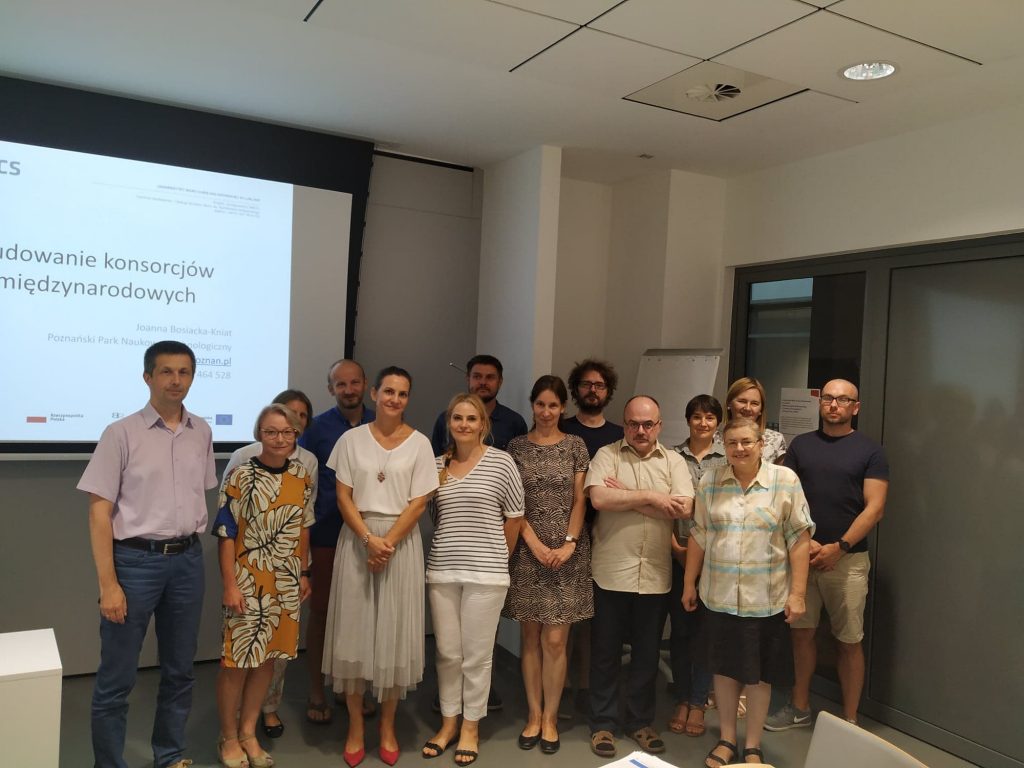
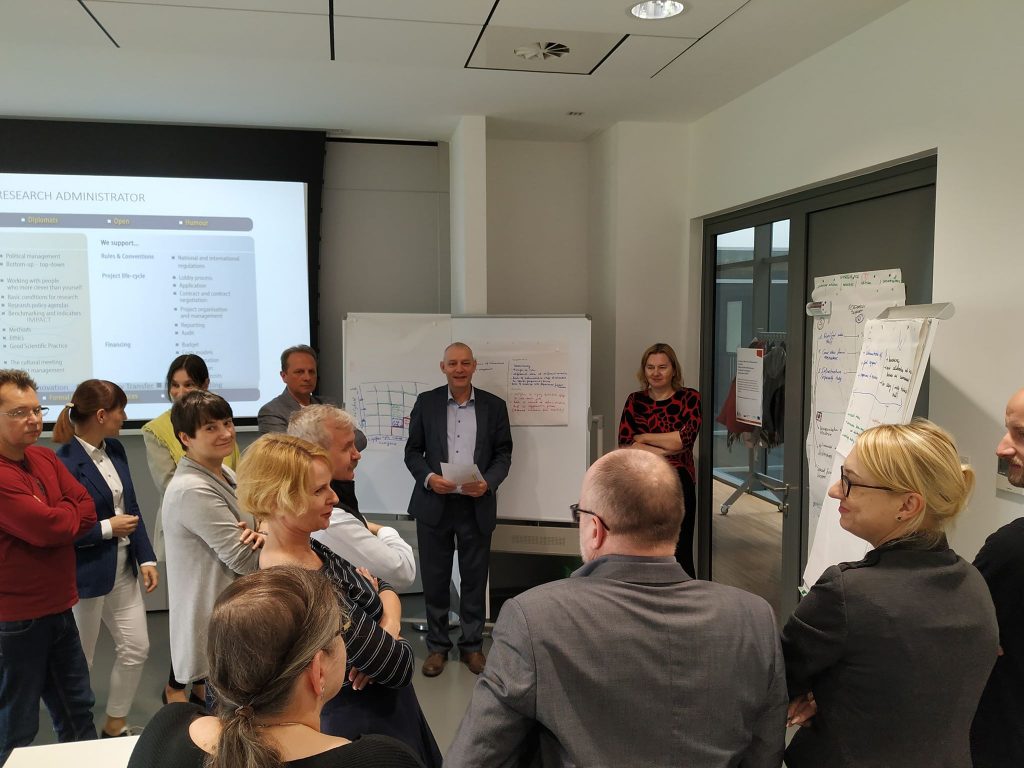
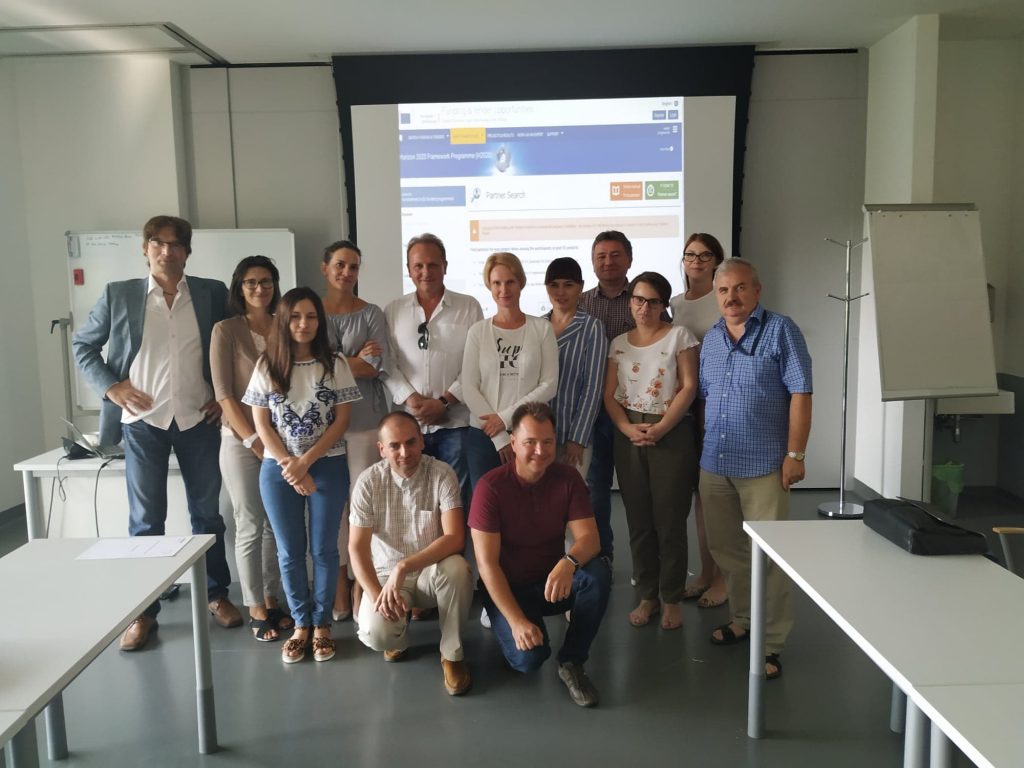
Employees participating in activities received tips on how to effectively raise research funds and how to respond to the needs contained in the specifications of a given call for proposal. They could also establish new cooperations between laboratories and specific units operating within the host institutions, as well as exchange experiences with foreign scientists and trainers . Active participation in the full path of support, both in study visits, as well as workshops and trainings will certainly contribute into the quality of submitted project applications.